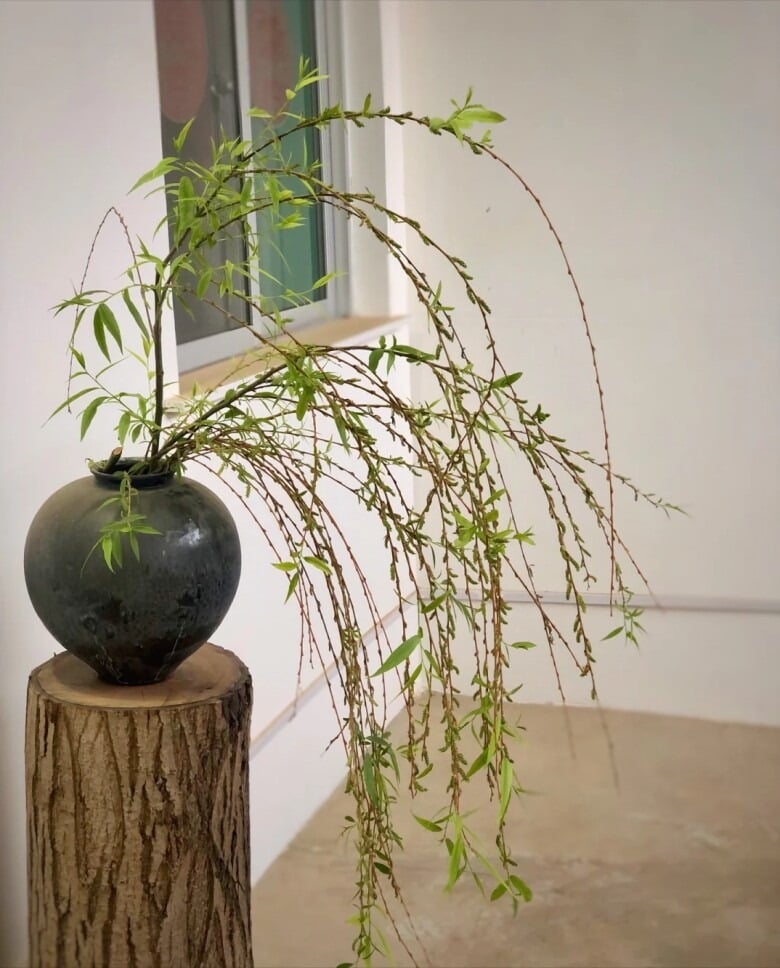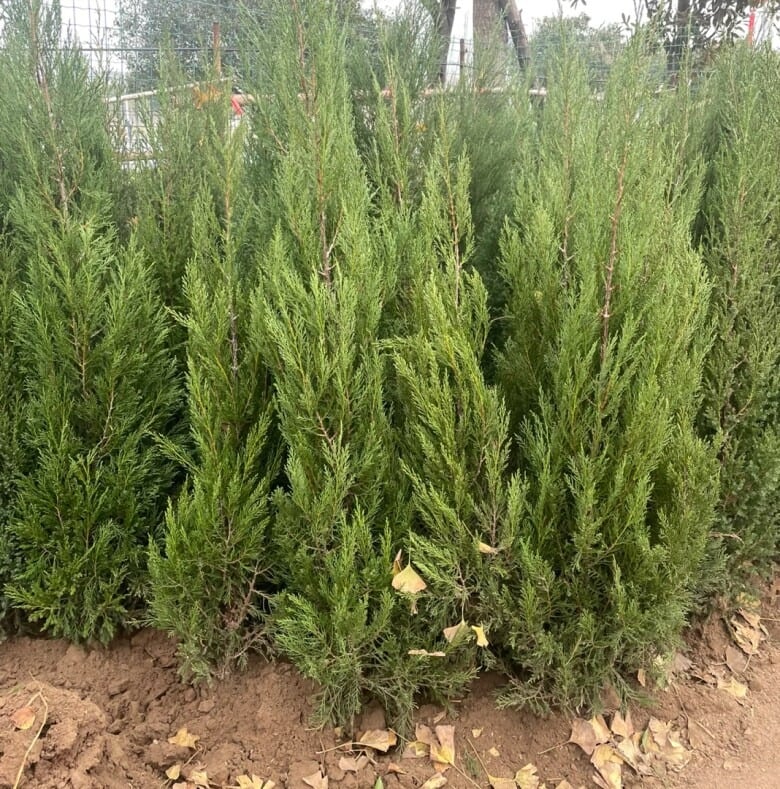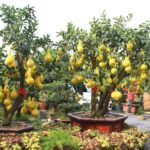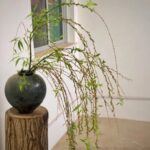Creating a beautiful and vibrant garden can be a rewarding endeavor, but it’s important to be mindful of certain trees and plants that are considered inauspicious in some cultures. In this article, we’ll explore four types of trees that are believed to bring bad luck if planted in your home garden.
1. Willow Tree
Willow trees are often associated with sadness and farewells, featuring prominently in ancient literature. Their delicate, swaying branches can evoke a sense of gloom and loneliness. Additionally, the absence of seeds in willow trees may symbolize a lack of offspring. The word for willow in Chinese, “liǔ,” sounds similar to the word for separation, “lí,” further reinforcing its association with negative energy.

Willow trees are often considered symbols of sorrow and separation.
Willows have an extensive root system that can invade underground pipes and compromise the foundation of your home. From a feng shui perspective, this characteristic is believed to “draw away” wealth and blessings. For these reasons, willow trees are not typically recommended for planting in residential areas, especially in the yard.
2. Chinese Toon Tree
The Chinese toon tree, also known as the “tree of power and wealth” in ancient times, was often planted in groups of three outside imperial courts to represent the three highest-ranking officials: the Grand Marshal, the Grand Secretary, and the Grand Guardian.
However, in folk belief, the Chinese toon tree is considered a “yin” tree due to its large canopy and dense shade, which blocks out sunlight. This excess of yin energy is thought to bring bad luck. Additionally, the word for “toon” in Chinese includes the character for “ghost,” leading to superstitions about planting this tree to attract spirits.
Planting a Chinese toon tree in your yard may invite unwanted negative energy and cause fear and trouble for your household.
3. Chinese Parasol Tree
The Chinese parasol tree, with its tall and majestic stature, is often seen as a symbol of longevity, perseverance, and prosperity. However, its common presence in cemeteries has strongly associated it with death and resting places, making it an undesirable choice for many homeowners, despite its drought tolerance and pest resistance.

The Chinese parasol tree, a symbol of longevity and strength.
4. Mulberry Tree
Mulberry trees, though providing food for silkworms, are not favored in feng shui. This is mainly due to the similarity in pronunciation between “mulberry” and “funeral” in some languages, suggesting that the tree brings bad luck. The dense branches and leaves of the mulberry tree also contribute to its association with yin energy, leading to concerns about planting it near the entrance or directly facing the house.
The Kitchen Triangle: Unlocking the Secrets of Home Design
Feng shui in home design plays a pivotal role, especially when it comes to determining the orientation of your bed and stove. This ancient practice holds the power to influence and enhance your daily life and overall well-being. The placement of these key elements can have a profound impact on your health, happiness, and prosperity.





































